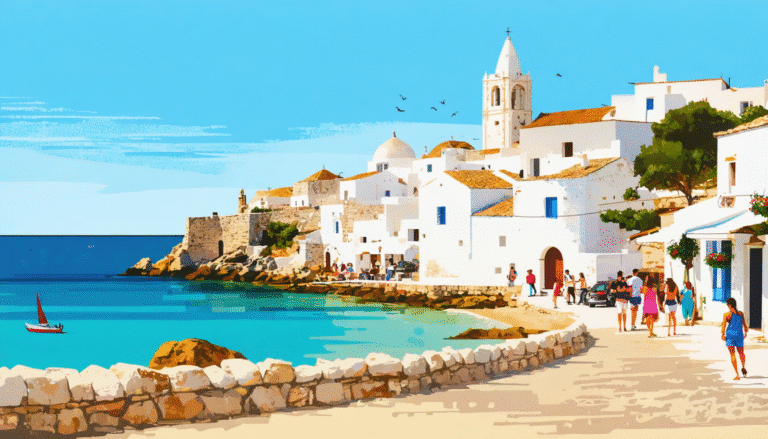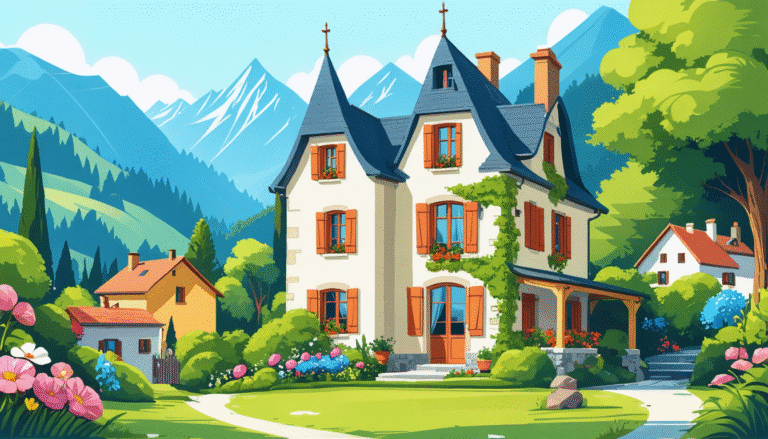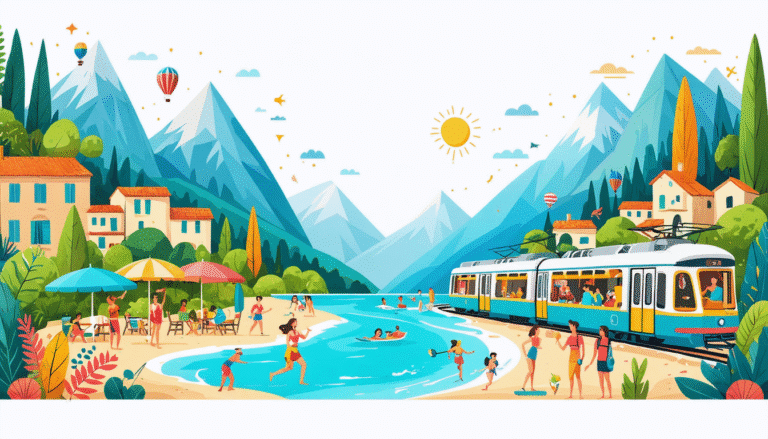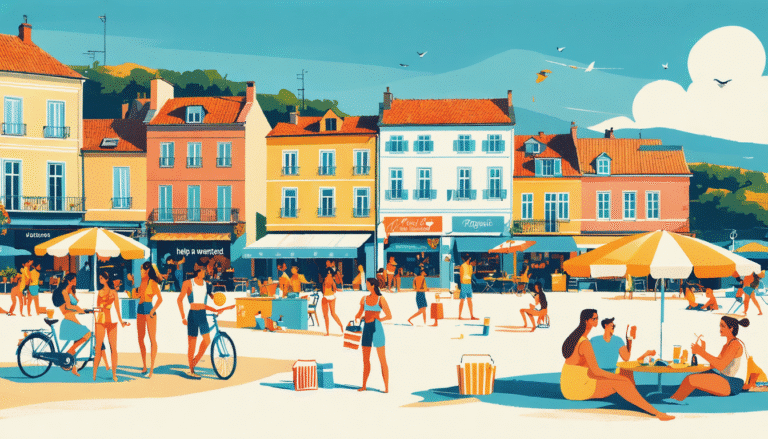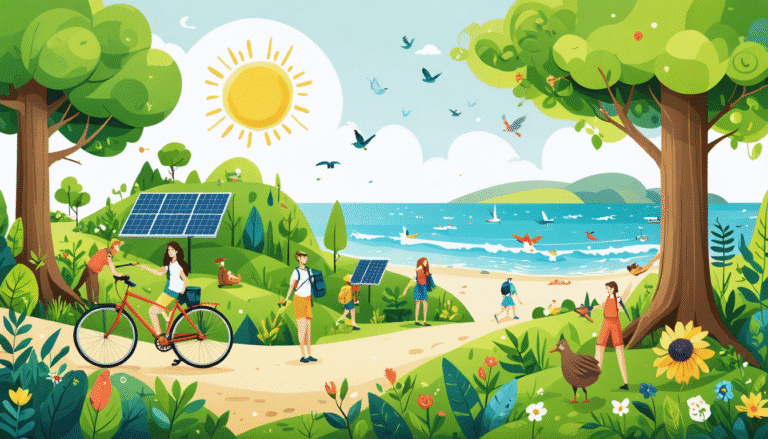The curtain has fallen on the last physical tourist information office in Paris, a symbol of an era coming to an end. This closure is not just a minor administrative detail: it crystallizes the shift from a model over a century old to an entirely digital era, risking leaving some visitors bewildered. What will become of tourist offices in France in the face of the digital explosion, the need for personalized exchanges, and a clientele that is both connected and sometimes resistant to technology? In a context where even local residents view themselves as potential tourists, the future of these welcome desks looks as uncertain as it is exciting. A dive into the behind-the-scenes of a national transformation!
The uncertain future of tourist offices: Paris pulls down the curtain!
Under the shadows of the Eiffel Tower, the old Parisian tourist office closed its doors at the beginning of 2025. In less than a decade, Paris has gone from a dense network of desks to… zero welcome offices. This decision, surprising for the most visited capital in the world, is explained as a way to better serve — by transitioning to a phone concierge available every day and multiplying alternative information points such as newspaper kiosks or post offices.
Digital has established itself as the conductor of the tourist stay. One only has to observe the plunge in visitor numbers: 574,000 visitors in the offices in 2015, barely 150,000 in 2022. Now, the smartphone is the indispensable travel companion, with blogs, social media, Instagram stories, and the valuable help of ChatGPT acting as makeshift virtual guides.
The Parisian model, a new norm?
Paris is not the only one taking this digital turn. Scotland has announced the upcoming closure of its 25 iCentres, and other major destinations could well follow suit. Like the Lot Valley and the Val d’Adour region, the transformation of tourist offices is accelerating, pushing for a massive digitization of information.
Digital tools, but a desire for human connection
Will human contact survive the digital onslaught? Despite omnipresent technology, many visitors admit a preference for the warm welcome of an advisor, especially in a big city where one can quickly feel lost. Tourists appreciate the assurance of leaving with verified information, inaccessible anecdotes on Google, and sometimes even a smile or a juicy local story.
Certain activities still remain the purview of physical receptions, like the exploration game “my Adventure” on the Côte d’Azur, exclusively available for pick-up on site. Jean-Sébastien Martinez, Managing Director of Nice Côte d’Azur Tourisme, asserts: “Tourist hospitality cannot be downloaded from an app!”
The tourist office is more than just an information point
New generation tourist offices no longer want to be mere leaflet distributors. They are transforming into genuine living spaces. A shop for regional products in Pleumeur-Bodou, a friendly wine cellar in Saint-Macaire, workshops, and events across France… Residents are discovering they can do their shopping or meet new arrivals there, because “the first tourists of a destination are often its own inhabitants.”
In the Eure, in Évreux-Normandie, the reinvention is such that the office is now called “Comptoir des Loisirs,” betting on local attractiveness to entice both tourists, curious passersby, and new residents seeking landmarks.
The rural comeback: where humanity prevails
In rural areas, the welcome office regains all its relevance, especially during high season. In Châtel-Guyon, for example, the majority of the clientele consists of senior spa visitors, not always comfortable with digital technology. Personalized human assistance makes a difference, even prompting the opening of an additional welcome point each summer to absorb the flow.
Even bike tourism, which is booming (see the bike tourism project here), highlights the need for wise advice to plan routes and accommodations off the beaten path. Whether one is lost in Nogentais or in the Seine Valley, the office often plays the role of social and cultural compass.
Thus, while downtown Paris turns the page on physical receptions, the information offices are determined to write new chapters, combining selective digitization, personalized services, and friendly exploration of territories.




